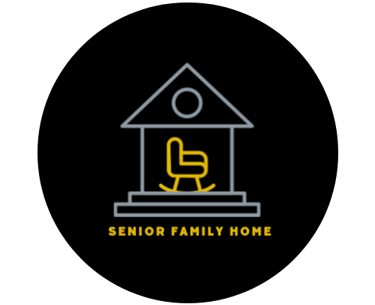Strengthening Balance and Reducing Fall Risks: A Guide for Seniors in Any Setting
Balance is a fundamental aspect of maintaining independence and quality of life, especially as we age. Whether you're aging in place or residing in a senior community, taking proactive steps to improve balance and reduce the risk of falls is crucial. Falls are a common concern among seniors, and the good news is that there are practical strategies to mitigate these risks.
1. Stay Physically Active:
Walking: Regular walking, whether indoors or outdoors, is an excellent low-impact exercise for seniors. It improves cardiovascular health, leg strength, and balance.
Tai Chi: Tai Chi is a gentle martial art that focuses on slow, controlled movements. It enhances balance, flexibility, and overall body awareness.
Yoga: Yoga combines physical postures, breathing exercises, and meditation. It promotes flexibility, strength, and mental focus.
Dancing: Dancing is not only a fun and social activity but also a great way to improve balance and coordination.
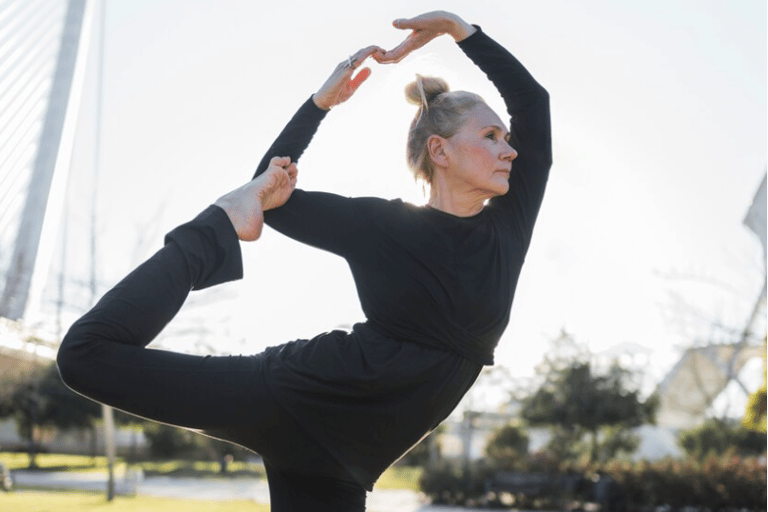

2. Strength Training:
Strength training exercises typically involve using resistance bands, free weights, or machines. They help build muscle mass, improve bone density, and enhance balance.
Incorporate strength training exercises into your routine to build muscle mass and improve balance.
Work with a physical therapist or fitness trainer to develop a customized strength training program. It's an investment in your long-term health.
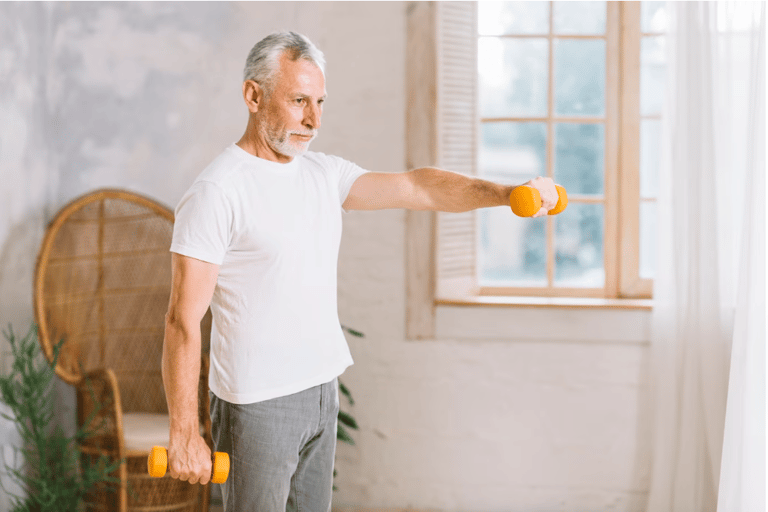

3. Medication Management:
Seniors should consult with their healthcare providers to review their medications. Some medications can cause dizziness or affect balance. Adjustments or alternatives may be recommended to minimize these side effects.


4. Regular Health Checkups:
Regular checkups are essential for early detection and management of chronic conditions like diabetes, hypertension, or heart disease. Effective management of these conditions can significantly reduce fall risks.
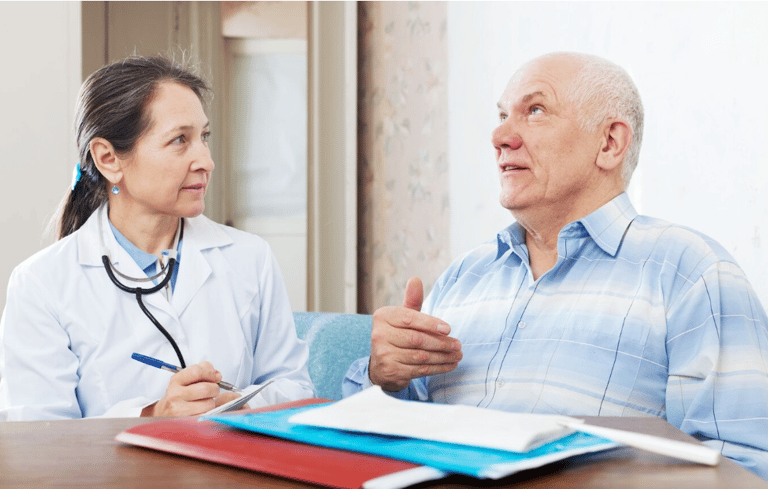

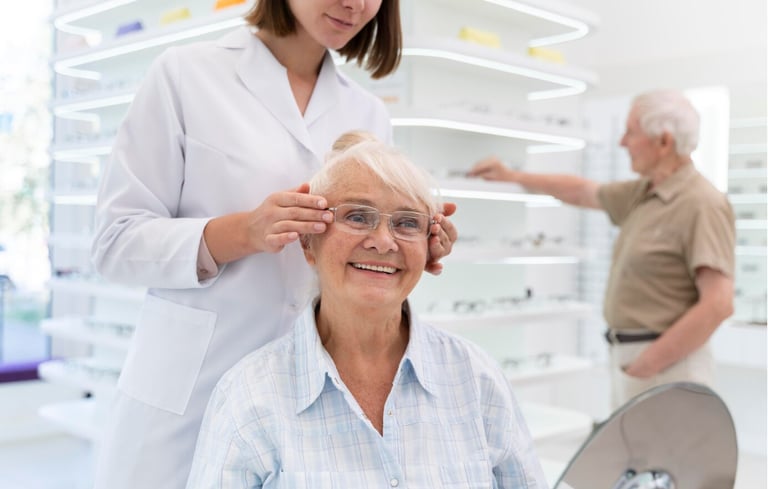

5. Vision Care:
Changes in vision are common as we age. Regular eye checkups help ensure that your prescription is up-to-date, and that your eyeglasses or contact lenses are in good condition. This can improve your depth perception and reduce the risk of tripping or falling.
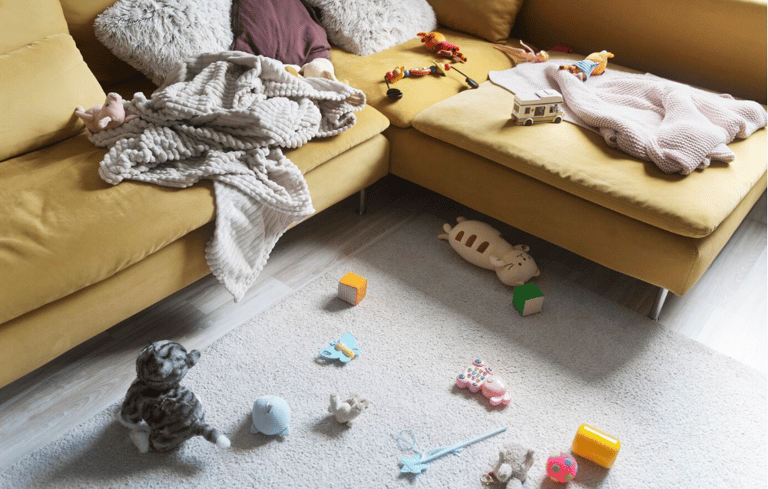

6. Home Safety:
Home modifications can greatly reduce fall risks. Remove tripping hazards like loose rugs, clutter, and cords. Install grab bars in bathrooms and consider using a shower chair. Ensure proper lighting, especially in hallways and staircases.
7. Stay Hydrated and Eat Well:
Proper nutrition is vital for maintaining strength and overall health. A balanced diet rich in calcium and vitamin D supports bone health, reducing the risk of fractures from falls. Staying well-hydrated helps maintain overall wellness.
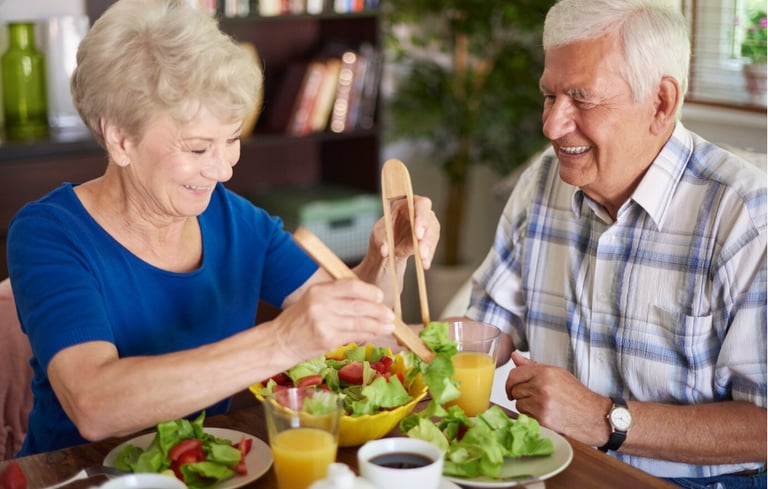

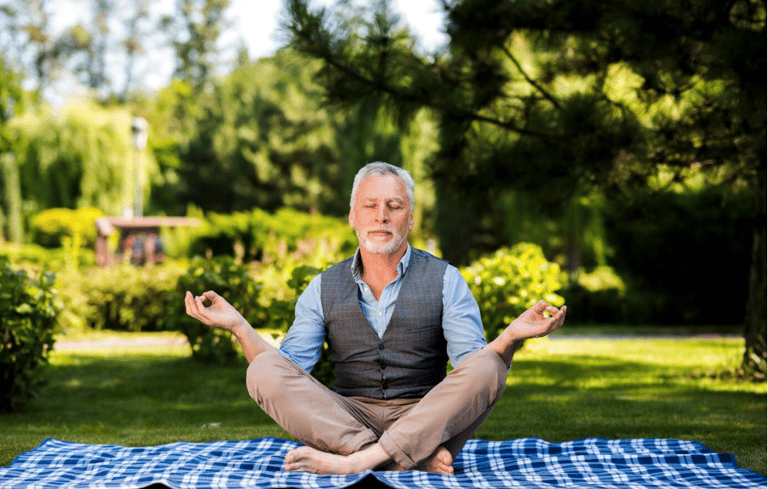

8. Mindfulness and Balance Training:
Mindfulness Meditation: Mindfulness practices enhance mental focus, concentration, and awareness of your body. This, in turn, improves balance and reduces the risk of falls. It also helps manage stress, which can contribute to better overall well-being.
Tai Chi: As mentioned earlier, Tai Chi combines mindfulness with physical balance training. It's particularly effective in enhancing balance, coordination, and posture.
Incorporating a combination of these strategies can have a profound impact on improving balance and reducing fall risks. The key is to create a holistic approach that integrates physical, mental, and environmental considerations into your daily life, ensuring a safer and more active lifestyle as a senior.

